[vc_row][vc_column][vc_column_text]By: Shelane Rosales
Thank you to Coalition to Stop Violence against Native Women for giving First Nations Community HealthSource- EAST the opportunity to attend the 2018 Women Are Sacred Conference. In attendance EAST learned a lot from the breakout sessions, enjoyed networking with women across Indian country, made some quality connections and learned of vital resources for the women we serve in our program.
Ahéhee’,
Shelane Rosales
“We Stand With Her: How Indigenous Communities are responding to the Violence against Indigenous Women breakout session”

“Healing from Sexual Trauma & Domestic Violence Session”
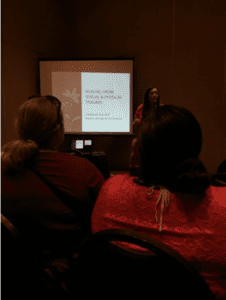
“The Opioid Epidemic in the Context of Trauma, Trafficking and
Domestic Violence: What are the issues?
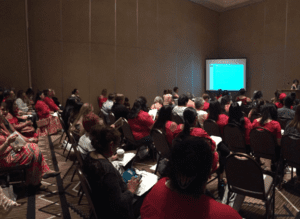
“Missing & Murdered Native Women and Girls: In Loving Memory of Hanna Harris”
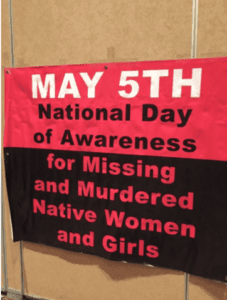
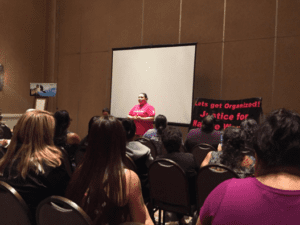
[/vc_column_text][/vc_column][/vc_row]
Related Posts
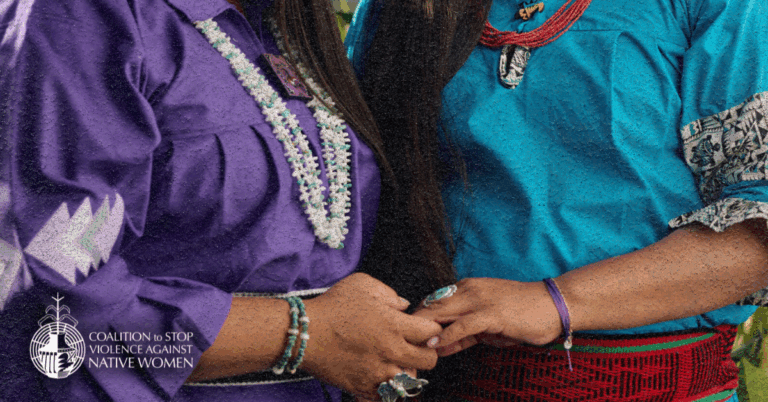
Honoring Your Healing: Gentle Goal Setting After Trauma or Loss
By CSVANW Healing after trauma or loss is never a straight path. For many of…
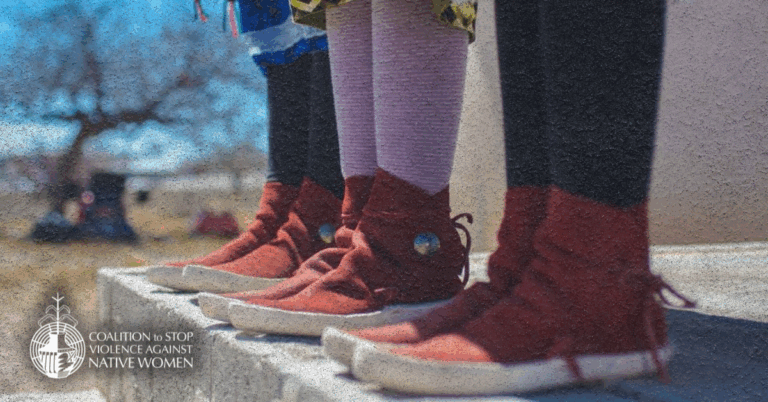
Taking Care of Yourself and Your Family During the Holidays
By CSVANW The holiday season can hold many emotions at once: joy, reflection, overwhelm, grief,…
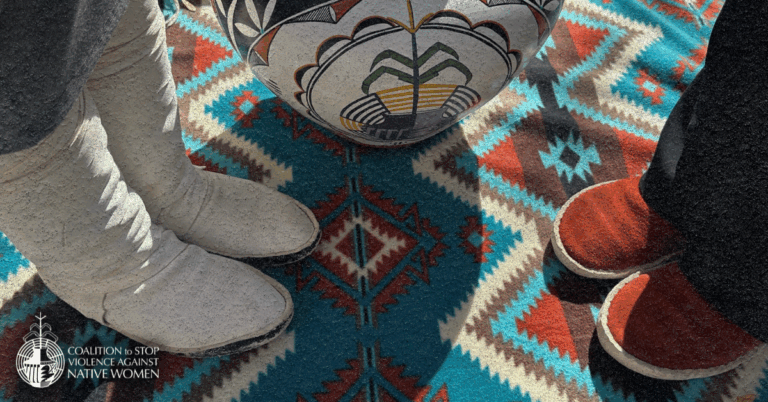
Walk a Mile in Their Mocs
Stories from Advocates Protecting Our Relatives, Preserving Our Future. Every November, Native American Heritage Month…
